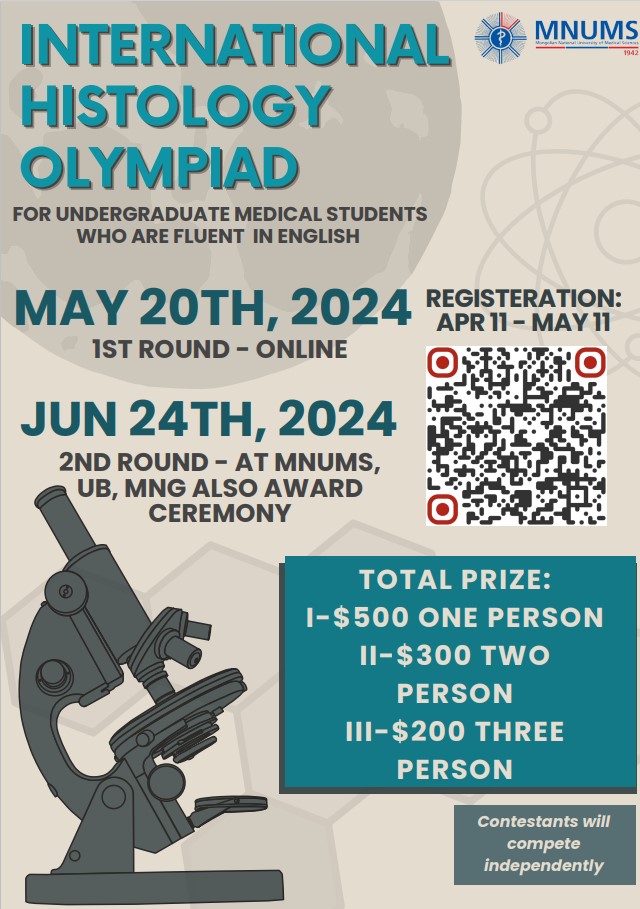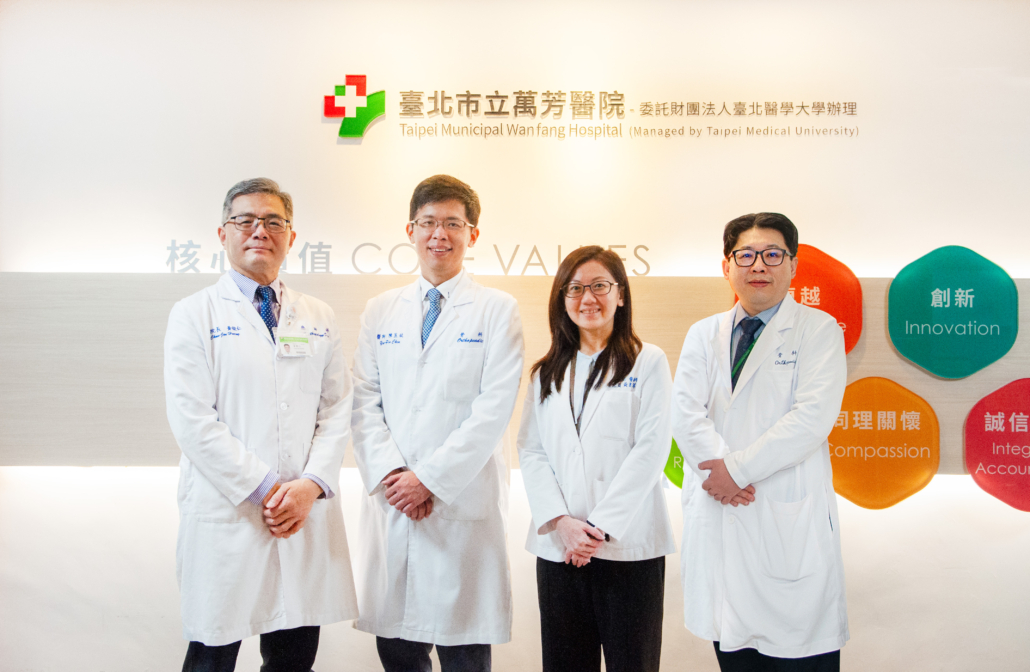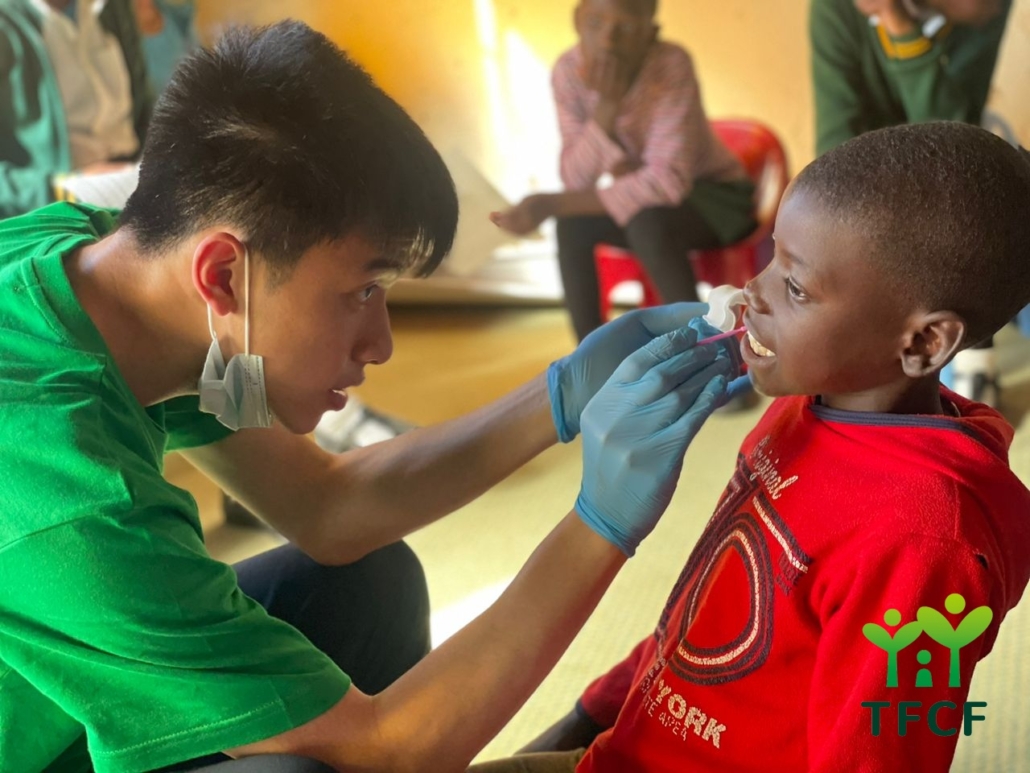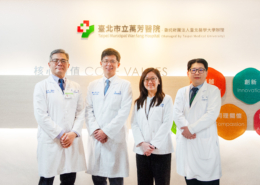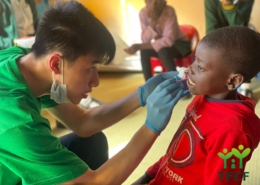Glutamine treats septicemia by reducing inflammation
Source: Taipei Medical University
Published on 2019-07-15
Septicemia is a common complication of critical illness involving systemic inflammatory response that damages blood vessels’ endothelial and epithelial cells.

TMU Prof. Chiu-Li Yeh, School of Nutrition and Health
Increased cell permeability due to this response leads to tissue infiltration by neutrophils, causing oxidative stress that can accelerate organ failure, according to TMU Prof. Chiu-Li Yeh, School of Nutrition and Health.
When organs’ epithelial tissues are incomplete, invasion by foreign organisms and more severe inflammation can result. Multiple organ failure caused by septicemia is a main cause of increased mortality. Prof. Yeh’s nutritional immunology research seeks insights into how nutrient supplementation can facilitate immunoregulation and reduce inflammatory response.
Glutamine is an amino acid that has gained visibility in recent years. When a person is healthy, glutamine is considered a nonessential amino acid, but it is needed when the body is injured and during catabolic diseases. Glutamine’s physiological roles include serving as an energy source during cell division, so intestinal epithelial cells and immune cells use glutamine. It also provides raw material for anti-oxidative enzymes and possesses anti-oxidative properties.
Dr. Yeh’s team found that glutamine provided during septicemia can reduce epithelial inflammatory response and suppresses overexpression of cellular adhesion factors, reducing infiltration of the small intestine, lungs, kidneys and liver by excessive neutrophils and alleviating overproduction of oxidants. Glutamine supplementation during septicemia helps maintain gamma delta T lymphocytes in the lungs and small intestine that can repair epithelial cells and preserve organs’ cellular structure. As glutamine supplementation alleviates inflammation and decreases organ damage, Prof. Yeh’s team will continue to study how glutamine regulates immune cells to discover further clinical applications.

